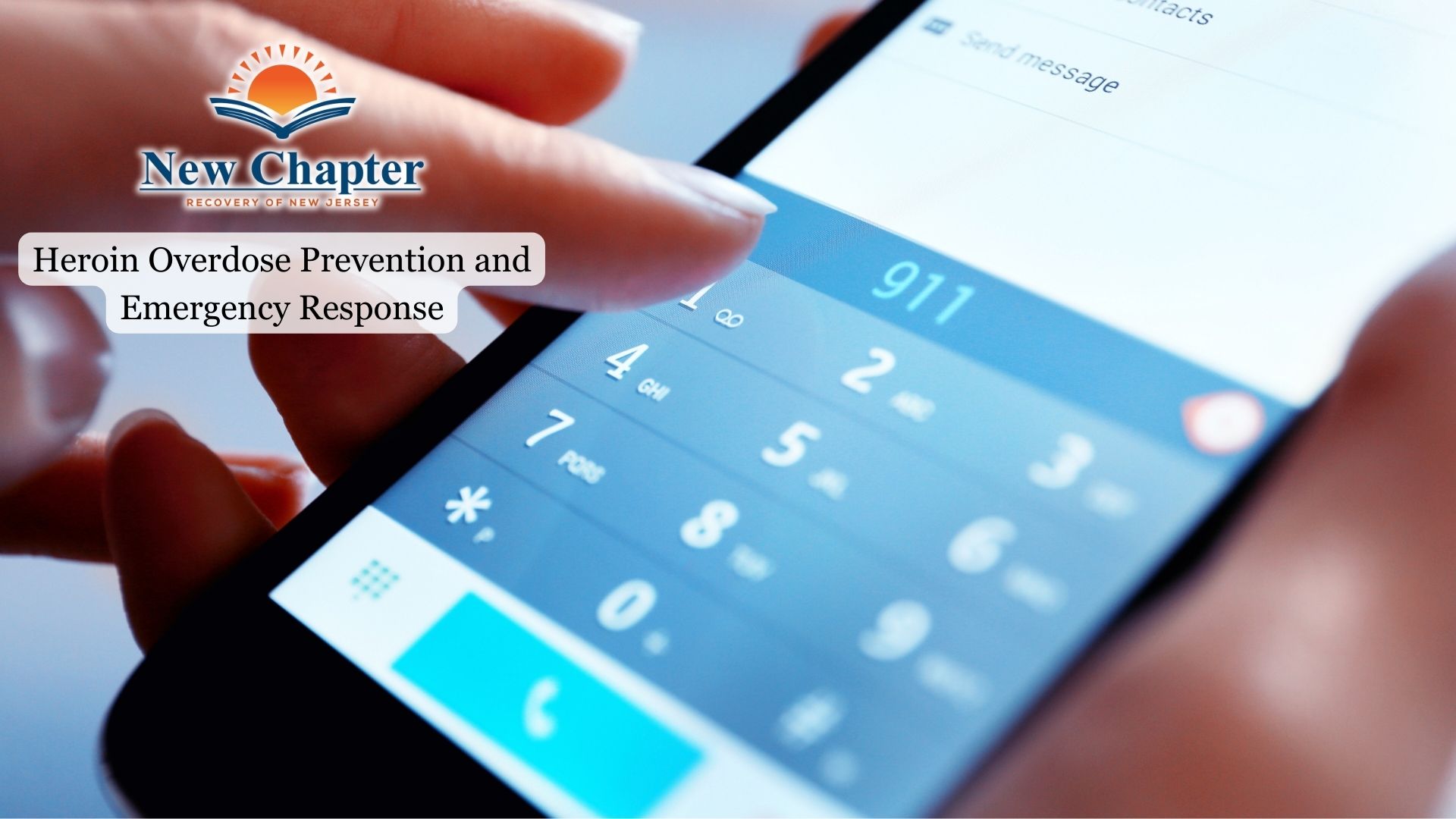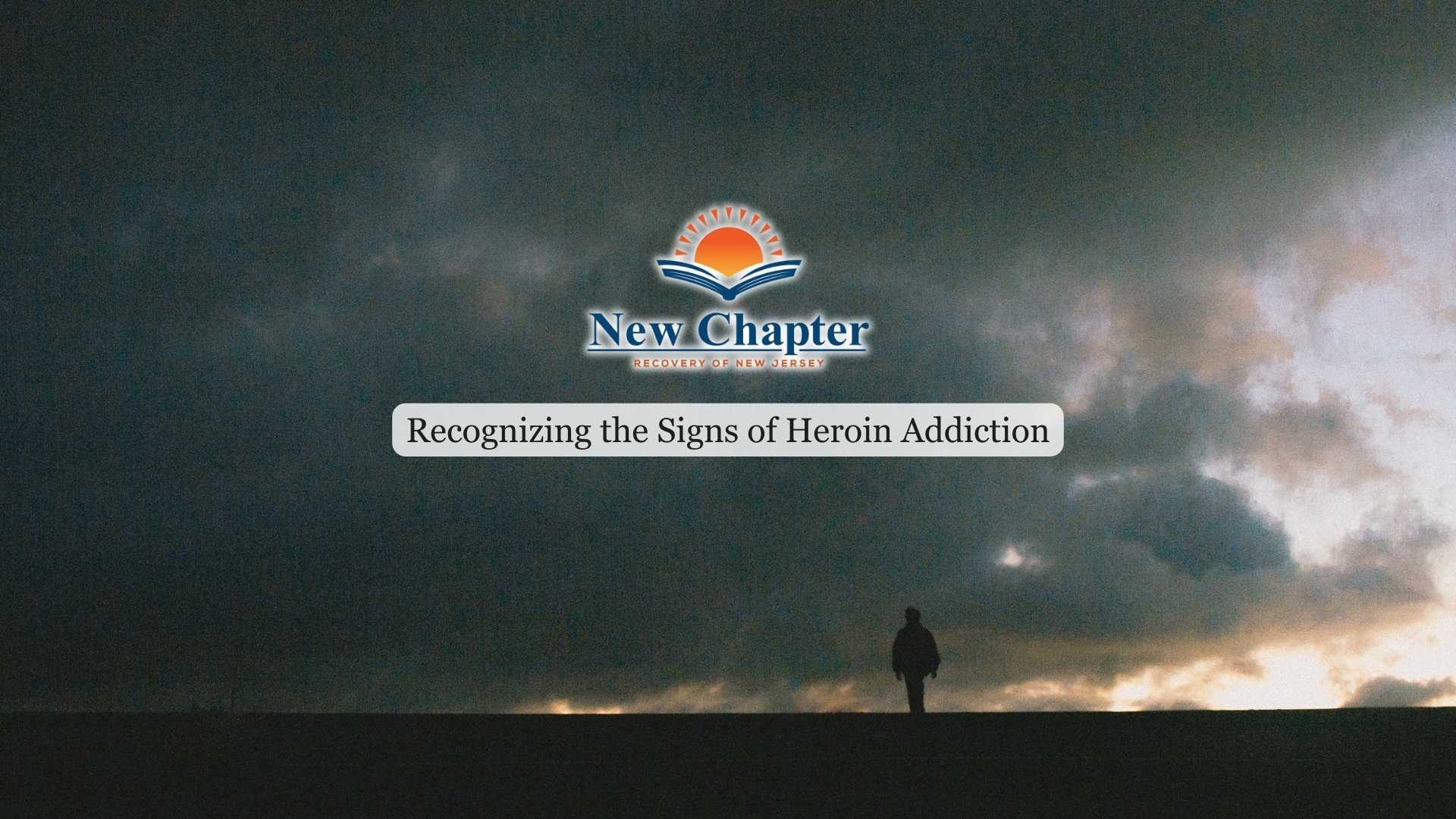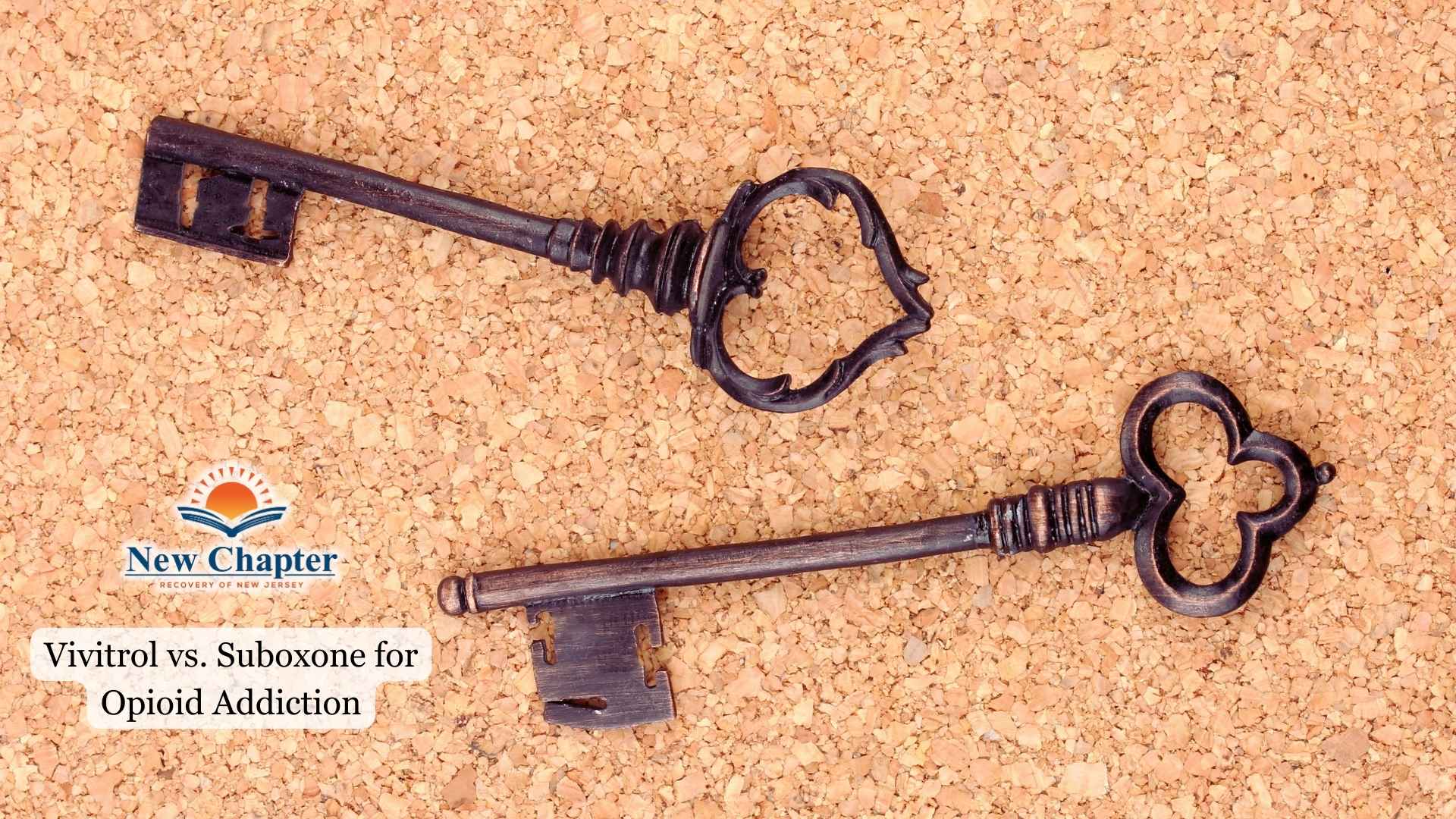Addiction recovery is a deeply personal journey, and finding the right path can significantly impact long-term success. Two widely recognized approaches to recovery are SMART Recovery and the traditional 12-step program, including Alcoholics Anonymous (AA). While both offer valuable support, they differ in their philosophies, methods, and overall approach to recovery.
In this article, we will compare these two programs, examining their core philosophies, structures, and the tools they use. By understanding the differences between SMART Recovery and the 12 steps, individuals can make an informed decision about which method best aligns with their recovery goals.

What Is the 12-Step Program and How Does It Work?
The 12-step program, originally developed by Alcoholics Anonymous, has long been the foundation of addiction recovery in the United States and beyond. AA is a 12-step program that emphasizes personal surrender, spiritual principles, and the guidance of a higher power to overcome addiction. The steps guide members through admitting powerlessness over alcohol addiction, making amends, and relying on spiritual growth for ongoing recovery.
Spirituality plays a central role in this model. AA and other twelve-step programs often describe addiction as a spiritual and moral failing that requires divine intervention for healing. Most rehab programs have used this approach and have helped millions achieve long-term sobriety, especially those who resonate with its spiritual framework and peer-driven accountability through AA meetings and sponsorship.
What Is SMART Recovery and How Is It Different?
SMART Recovery, which stands for Self-Management and Recovery Training, offers an evidence-based, secular alternative to traditional 12-step programs. Developed in the 1990s, SMART Recovery is a non-profit organization that empowers individuals to overcome addiction through self-directed change rather than spiritual surrender.
Unlike AA, SMART Recovery is based on cognitive behavioral therapy (CBT), rational emotive behavior therapy (REBT), and motivational interviewing. These tools help individuals identify addictive behaviors, challenge unhelpful thoughts, and develop healthier coping strategies.
SMART Recovery emphasizes self-empowerment, personal responsibility, and scientific understanding of addiction. It’s particularly suitable for those seeking a practical, psychological approach rather than one grounded in spirituality or belief in a higher power.
Key Differences Between SMART Recovery and the 12 Steps
Philosophy and Belief System
AA views addiction as a disease and promotes the idea of powerlessness, encouraging members to surrender control to a higher power. In contrast, SMART Recovery is grounded in the belief that individuals can change addictive behaviors through self-empowerment and rational thinking.
Spiritual vs. Secular Approach
AA is built on spiritual principles, with practices such as prayer and spiritual awakening being central to its process. SMART Recovery is completely secular and avoids religious or spiritual components, appealing to those who prefer a non-faith-based recovery model.
Program Structure
The 12-step model follows a fixed, linear sequence that emphasizes confession, amends, and spiritual growth. SMART Recovery uses a flexible 4-Point Program that focuses on motivation, urge management, behavioral control, and balanced living. The structure is adaptable to individual needs.
Meeting Format and Participation Style
AA meetings are often informal and testimonial-driven, with members sharing personal stories. Sponsors guide newcomers through the steps. SMART Recovery meetings are discussion-based, facilitator-led, and incorporate practical exercises and problem-solving techniques.
View of Relapse
In AA, relapse is commonly seen as a failure to adhere to the program’s spiritual path. SMART Recovery treats relapse as a behavioral event to be analyzed and learned from without assigning moral judgment.
Terminology and Self-Identification
AA uses labels like “alcoholic” or “addict,” reinforcing the idea of a lifelong condition. SMART Recovery avoids labels, referring to “people with addictive behaviors,” consistent with its behavioral and clinical orientation.
Length of Involvement
AA often encourages lifelong participation, considering it essential to maintain sobriety. SMART Recovery promotes involvement as long as it’s helpful, but ultimately aims to equip individuals for independent self-management.
Tools and Techniques Used in Each Program
SMART Recovery uses specific psychological tools to help participants make sustainable changes. These include cost-benefit analysis, ABC (Activating Event, Belief, Consequence) exercises from cognitive-behavioral therapy (CBT), and lifestyle balance planning. Meetings often include worksheets, open discussions, and skill-building exercises. The SMART Recovery approach to recovery is grounded in evidence-based strategies that have shown effectiveness in treating addictive behaviors.
In AA and other 12-step groups, tools are more spiritual in nature. Members work through the twelve steps, often with a sponsor who provides guidance and accountability. Practices such as prayer, meditation, confession, and amends are central components. AA meetings involve storytelling and shared spiritual experiences, reinforcing community and belief in spiritual transformation as the path to sobriety.
How Peer Support Works in SMART and AA Meetings
Both SMART Recovery meetings and AA meetings offer support group interaction, but their formats are distinct. AA meetings typically follow a testimonial format where members share personal stories related to alcohol use and recovery. Sponsors play a pivotal role, guiding newcomers through the steps and offering one-on-one support.
SMART meetings, on the other hand, are facilitator-led and structured around problem-solving and skills development. Participants are encouraged to engage in discussions, reflect on their progress, and apply practical tools to their everyday lives. Peer support remains central, but it’s focused more on collaborative problem-solving than storytelling.

Which Program Works Better for Different People?
The choice between SMART Recovery and the 12-step program often comes down to personal preference and belief systems. Individuals who resonate with spirituality and faith in a higher power may find the twelve steps deeply meaningful. Those who value scientific methods, self-help, and a non-religious environment often derive greater benefits from SMART Recovery.
Addiction treatment centers increasingly recognize the need for diverse recovery options. Many offer both AA and SMART Recovery as part of comprehensive addiction treatment programs. This flexibility helps people find a recovery approach that aligns with their unique needs, whether they’re overcoming substance abuse, alcohol use disorder, or other addictive behaviors.
Can You Use Both SMART Recovery and the 12 Steps Together?
While the SMART Recovery program and AA take different paths, they are not mutually exclusive. Many individuals attend both types of meetings during their recovery journey. For example, someone may begin with AA to build structure and community, then transition to SMART Recovery for long-term behavioral self-management. Others may use SMART Recovery as a supplement to AA, especially if they’re looking for more tools and techniques to support ongoing recovery.
Groups like SMART Recovery have become valuable complements to traditional 12-step programs, offering support to those who want a more rational or secular path without dismissing the benefits of spiritual community found in AA.
Final Thoughts from New Chapter Recovery
Both SMART Recovery and the 12-step program offer effective paths to overcoming addiction, each with its unique approach.
At New Chapter Recovery, we integrate the strengths of the 12-step principles with evidence-based therapies. Our faith-based counseling, medication-assisted treatment, and individualized care offer a holistic recovery experience that addresses both the spiritual and physical aspects of healing. With personalized support, we empower individuals to embrace long-term sobriety and build a foundation for a healthier, addiction-free life.






